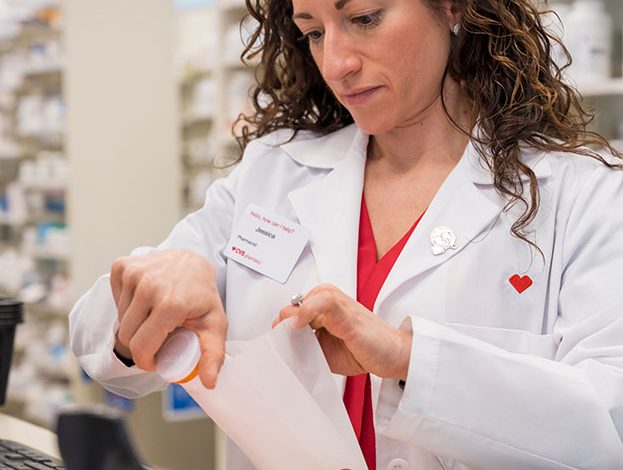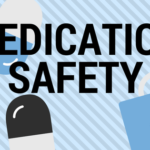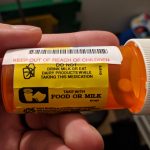5 Common Medication Errors and How to Avoid Them

Medication errors are a common problem that can have serious consequences. Whether you are taking prescription medications, over-the-counter medications, or supplements, it is important to be aware of the risks associated with medication use and how to avoid common errors.
Medication errors have been a problem since the advent of modern medicine. Even before the development of the pharmaceutical industry, herbal remedies and other treatments carried risks of misuse, misdiagnosis, and incorrect dosages.
However, the scale and complexity of the medication system have increased dramatically in the modern era, leading to a surge in medication errors. In the early 1900s, medication errors were often attributed to human error and a lack of standardization in medication administration. However, with the development of the pharmaceutical industry and advances in medical technology, medication errors have become a more widespread problem.
In the mid-1900s, medication errors were recognized as a significant issue by the medical community, and various initiatives were launched to address the problem. The American Society of Hospital Pharmacists (now known as the American Society of Health-System Pharmacists) was founded in 1942, and the organization began to develop standards for medication use in hospitals.
In the 1970s, the US Food and Drug Administration (FDA) began to require pharmaceutical companies to conduct extensive testing and submit comprehensive documentation for each new drug before it could be approved for use. This regulatory process helped to reduce medication errors by improving the accuracy and safety of drug information.
However, despite these efforts, medication errors continue to be a significant problem. According to a study published in the Journal of Patient Safety, medication errors are the third leading cause of death in the United States, after heart disease and cancer.
To address this ongoing issue, healthcare providers have developed various strategies to minimize the risk of medication errors. These include computerized physician order entry (CPOE) systems, barcode medication administration (BCMA) systems, and medication reconciliation programs. These initiatives aim to reduce the risk of medication errors by improving the accuracy and completeness of medication information, increasing communication between healthcare providers, and promoting patient involvement in the medication management process.
5 Common Medication Errors and How to Avoid Them
Here are five common medication errors and tips to help you avoid them:
1. Taking the wrong medication: One of the most common medication errors is taking the wrong medication. This can happen when medications have similar names or packaging, or when a healthcare provider prescribes the wrong medication. To avoid this error, make sure you carefully read the label and double-check that you have the correct medication before taking it. If you are uncertain, ask your healthcare provider or pharmacist to confirm the medication and dosage.
2. Taking the wrong dose: Another common medication error is taking the wrong dose. This can happen when a healthcare provider prescribes the wrong dose, or when a patient misinterprets the instructions. To avoid this error, always follow the dosage instructions carefully and use measuring devices, such as a syringe or measuring cup, to ensure that you are taking the correct amount.
3. Forgetting to take a medication: Forgetting to take a medication can happen to anyone, but it can be particularly dangerous if the medication is critical to managing a chronic condition. To avoid this error, consider setting a reminder on your phone or using a pill organizer to keep track of your medications. You can also try to associate taking your medication with a specific daily activity, such as brushing your teeth or eating breakfast.
4. Taking expired medication: Expired medications may not be as effective, or they may be harmful. To avoid this error, always check the expiration date before taking any medication. If a medication has expired, dispose of it properly and do not take it.
5. Mixing medications: Mixing medications can be dangerous and can lead to unpredictable interactions. To avoid this error, be sure to keep a list of all medications and supplements you are taking and share this information with all healthcare providers. Ask your healthcare provider or pharmacist if you have any concerns about potential medication interactions.
In addition to these common medication errors, it is also important to follow safe medication practices, such as keeping medications out of reach of children, storing medications properly, and properly disposing of unused medications.
By following these tips and being vigilant about medication safety, you can help to reduce the risk of medication errors and ensure that you are getting the most benefit from your medications. Remember, always talk to your healthcare provider or pharmacist if you have any questions or concerns about your medications.





